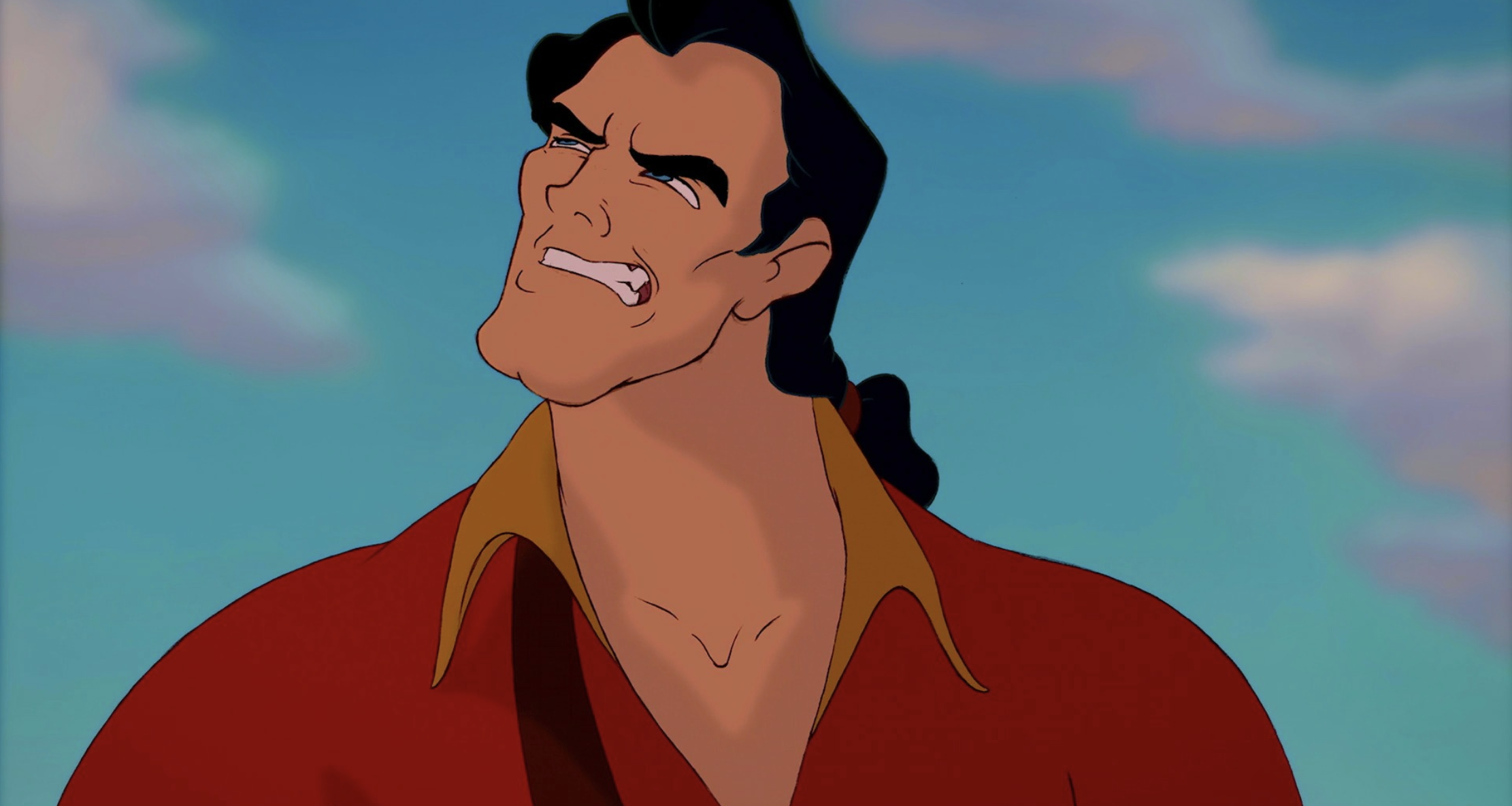The Gaston aka delusional egotist
The Gaston is a profile that doesn’t exist in the original list of 9 villains because it is a hybrid between the Regina George and Norman Bates. It is deluded in its quests to be perceived as perfect. In reality, the Gaston is simply a more extreme version of the Norman Bates that comes across less as a child projecting on others, but more as projecting their own self-image into one that is within their control. - Kristina
Introduction: In the captivating world of psychological archetypes, we encounter another compelling character—Gaston, also known as the Self-Obsessed Egotist. This intriguing persona often embodies the "Narcissist" archetype, driven by an overwhelming need for self-validation and admiration. This article will take us on a journey through the layers of Gaston's villainy, exploring the roots of his self-obsession and the far-reaching consequences of his relentless pursuit of adoration.
The Insatiable Need for Admiration: At the core of Gaston's character lies an insatiable need for admiration and validation. He craves the constant attention and adoration of those around him. What drives this incessant hunger for admiration, and how does it shape his actions and choices?
The Distorted Self-Image: The self-obsessed egotist often grapples with a distorted self-image. Gaston's perception of himself is heavily inflated, and he sees himself as the epitome of physical and personal perfection. How does this distorted self-image impact his relationships and interactions with others?
The Influence of Enablers: Gaston's journey is often influenced by those who enable his narcissistic tendencies. He may have surrounded himself with individuals who feed his ego and reinforce his beliefs of superiority. How do these enablers contribute to the perpetuation of his egotism?
The Willingness to Manipulate: To maintain his self-image and secure admiration, Gaston is willing to manipulate and deceive. He often resorts to underhanded tactics to achieve his goals, even if it means harming others in the process. How does this willingness to manipulate affect his character and the world around him?
The Allure of the Mirror: Gaston's quest for self-admiration often revolves around his reflection in the mirror. He places immense importance on his external appearance and personal image. How does this obsession with self-image influence his perception of self-worth and power?
The Negation: "I Am Flawless": In the early stages of Gaston's villainy, he may grapple with the negation, "I am flawless." This belief drives his relentless pursuit of perfection and self-validation. How does this negation contribute to his unceasing quest for admiration?
The Manipulator Archetype: Gaston embodies the manipulator archetype, using deceit and charm to achieve his goals. His character often engages in cunning schemes to gain the admiration he craves. How does this aspect of his character affect his interactions and relationships with others?
The Path to Redemption: Gaston's redemption arc may parallel his character's evolution in the story. He could come to recognize the emptiness of his relentless self-obsession and the importance of genuine connections with others. How can we draw inspiration from his journey to find our own path to authentic self-worth and empathy?
Conclusion: Gaston, the Self-Obsessed Egotist, is a multifaceted inner villain, driven by an insatiable need for admiration and self-validation. By exploring the depths of his character, we can gain insights into our own behaviors and strive for a path of authentic self-worth and connection with others. In future articles, we will explore strategies to break free from the clutches of this inner villain and embrace a more empathetic and self-aware sense of self. Stay tuned for valuable insights!

